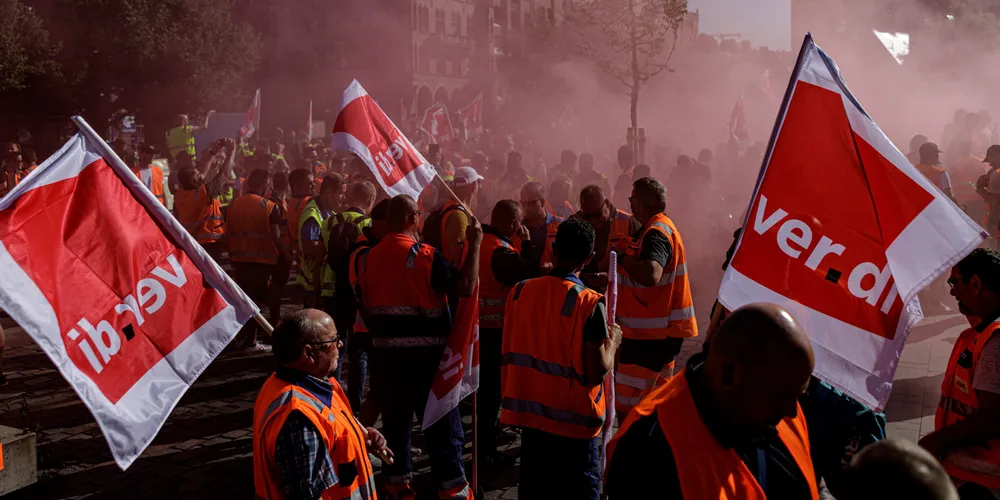Will new round of talks prevent strike at key UK seafood port?
While corporate earnings defy gravity, soaring inflation is fueling a cost of living crisis among seafarers and shipyard and dock workers.

While corporate earnings defy gravity, soaring inflation is fueling a cost of living crisis among seafarers and shipyard and dock workers.
